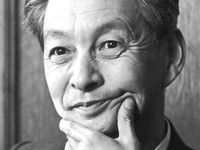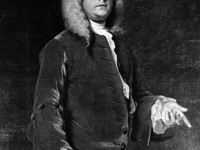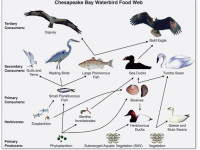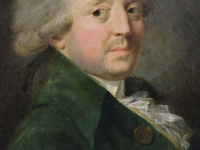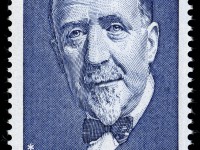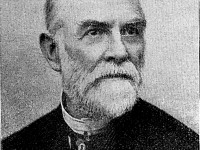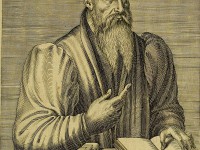Sin-Itiro Tomonaga and Quantum Electrodynamics
On March 31, 1906, Japanese physicist and Nobel laureate Sin-Itiro Tomonaga was born. He was influential in the development of quantum electrodynamics, work for which he was jointly awarded the Nobel Prize in Physics in 1965 along with Richard Feynman and Julian Schwinger. Tomonaga was one of the first to apply quantum theory to subatomic particles with very high energies. “Nature was not satisfied by a simple point charge but required a…
Read more

